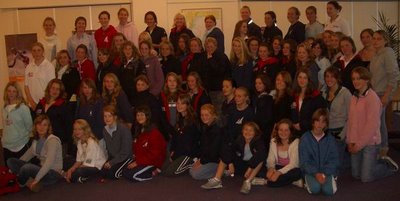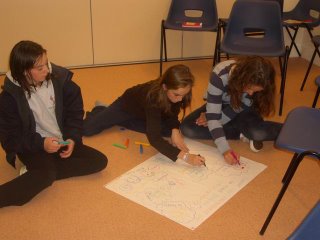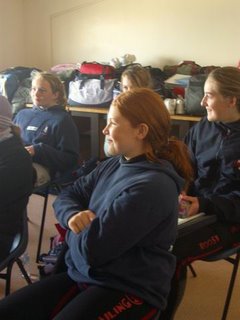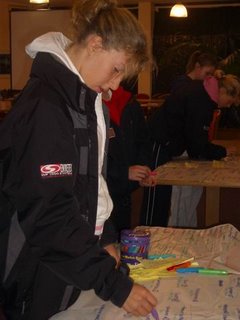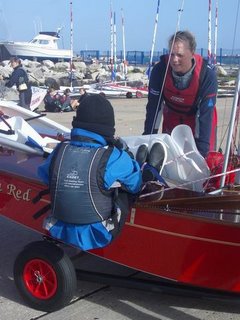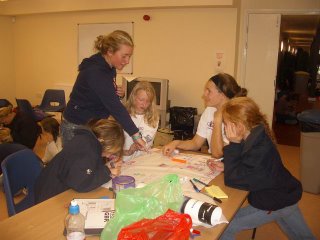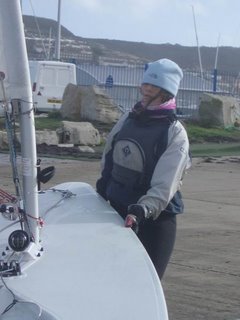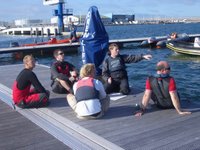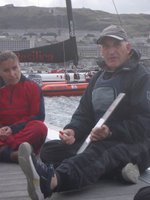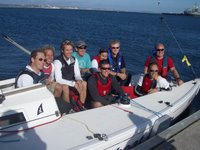A lot of work that I’ve been doing recently with clients has been around self confidence, in the context of making new futures for themselves. Self confidence is at the bottom of so many things – selling oneself or your product, self-promotion, the delivery of proposals, points of view, or presentations. Even more basic is having the faith to continue on with your vision against either big challenges or the steady attrition of time, and stasis.
Most people I come across have got oodles of self confidence in their own environment, yet going out into strange territory – well that’s something different. That stretch is really tough. What helps?
What makes any situation do much worse is fear. It might be fear of death which, if the situation is physically dangerous may be a very sensible reaction, since it generates the flight, flight or freeze response. Since fear of any sort taps into the basic physical responses, sometimes small fears get out of control and grow. Fear of failure can become like this, and often holds people back – me included - when outside their comfort zone.
I’ve been mulling it over for years – how to overcome fear. My personal experience in sailing has taught me that do what scares me just once, and then fear diminishes. And to do it once, you must act. A big act is paralyzing, so make each action small so the stretch required is possible – just. Lots of small steps can lead up to one giant stride. Having overcome the fear once, and when facing similar conditions in future, a little self-talk (‘I’ve been here and survived this before’) works wonders.
NLP
http://en.wikipedia.org/wiki/Neuro-linguistic_programming has taught me a lot about overcoming apprehension in social situations. NLP has helped me to bring together all those social rules about coping, that get quoted by those who are good at mingling, into one framework, and has given me tools to transfer learning and confidence from one situation to another.
Quotes on courage, especially from those who have experienced war, make me think. This one plucks chords with me. ‘Courage is not the lack of fear. It is acting in spite of it.’ Mark Twain.
Yet how to make that step into action? Inspiration and faith in outside agencies can help. Yet what comes from within? Self worth and not letting that down by inaction is part of it. I have used a quote from the book ‘Dune’ by Frank Herbert for years as a mantra:
‘I must not fear. Fear is the mind-killer. Fear is the little-death that brings total obliteration. I will face my fear. I will permit it to pass over me and through me. And when it has gone past I will turn the inner eye to see its path. Where the fear has gone there will be nothing. Only I will remain.’
For myself, this helps me take control back into my life and act, whatever the future holds. What action to take has come from learning – from life, sailing and NLP. As each year goes by I am thankful for that learning. Age may give wrinkles but it also gives me a richer life.

